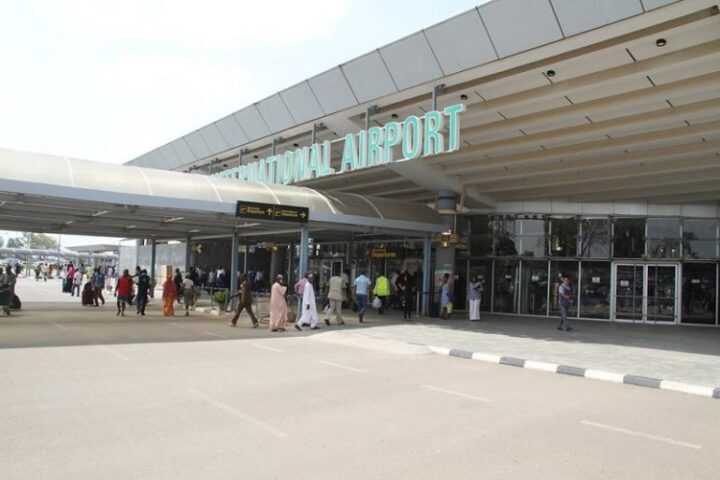The federal government has provided 12, 000 hectares of land for the development of some aviation projects.
Faithful Hope-Ivbaze, assistant general manager, corporate affairs, Federal Airports Authority of Nigeria (FAAN), announced this in a statement on Wednesday.
She said one of the projects to be executed on the land is a second runway at the Nnamdi Azikiwe International Airport, Abuja.
Hope-Ivbaze said Muhammad Bello, minister of the federal capital territory (FCT), handed over the certificate of occupancy for 12,000 hectares of land in Abuja to Hadi Sirika, his aviation counterpart, on Tuesday.
Advertisement
At the ceremony, the construction site for the Abuja airport’s second runway was handed over to the contractor — the China Civil Engineering Construction Corporation Nigeria Limited (CCECC).
Other projects that would be executed on the land include the maintenance repair and overhaul (MRO) centre, aviation leasing company (ALC); agro-allied cargo terminals, aerotropolis or airport city, national carrier, Africa Aerospace and Aviation University (AAAU), and others.
“The 12, 000 hectares of land is for the actualisation of the aviation roadmap projects of President Muhammadu Buhari-led administration,” the statement reads.
Advertisement
“According to the director, planning research and statistics of the federal ministry of aviation who represented the minister, engr. Mohammed Kabiru Shehu, said one of the key projects to be executed on the land is the second runway project for the Nnamdi Azikiwe International Airport, Abuja.”
The statement said some of the benefits that would accrue to Nigeria at the completion of the projects are employment opportunities for Nigerians, enhanced transfer of technology, increase in foreign exchange earnings, and increase in gross domestic product (GDP) contribution.
Others include backward integration of aircraft maintenance and repair facilities for both domestic and international carriers, improvement in ease of doing business in Nigeria; reduction in capital flight; increase in Bilateral Air Services Agreements (BASA) with other countries, amongst others.
Advertisement
Add a comment






